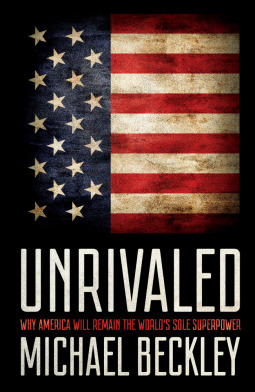Title: Convenience Store Woman
Rating: 5 Stars
I must be on some kind of Japan kick. I’m in the midst of reading a Japanese WWII history. It’s a two volume work, so between the two volumes I decided to read this quick little book.
The title character is Keiko Furukara. From childhood, Keiko knows that she is different from everyone else. When she was a young child, she saw a dead bird. Instead of grieving over it like a young child normally would, she brings it over to her mother and asks her to cook it so that they can eat it. Two boys were fighting at school. People were screaming that someone should stop the fight. Keiko picks up a shovel and hits one on the head. Problem solved. Scenes like this leave her parents and other adults horrified.
Keiko doesn’t understand why her actions are wrong. She does understand that she gets into trouble when she does things that don’t conform with people’s expectations. Therefore, with the help of her sister, she begins to at least put up the appearance of fitting in.
When she was eighteen, she got a part time job at a convenience store. There, she was given very explicit direction regarding her expected behavior while at work. Grateful for the structure, she quickly adapted and became a model employee.
Now, she follows precisely all company directives. She always loudly and cheerfully greets all customers. She carefully reads each customer’s face to predict their every whim. She even makes use of her co-workers. She closely watches how her co-workers dress and talk. By mimicking their clothes, expressions, facial expressions, and gestures, she can successfully conceal her oddness from everyone else. This allows her to live her quiet life without cultural opprobrium.
Eighteen years later, she is now in her mid thirties and is still working part time at the convenience store. The people that she went to university with are married with children or have careers. Her sister is now married and has a child. They all now look at her with some combination of concern or disgust. How can she be happy unmarried working at a dead end job? She realizes that her carefully constructed persona as a normal person is no longer holding up. Without a doubt it is a constructed persona. At one point her sister is complaining about her crying child. Keiko wordlessly looks over at a sharp knife and realizes that there’s an easy solution to the child’s crying. Instead she just smiles at her sister.
Enter Shihara. A recent hire at the convenience store, he is a lazy slacker with a poor attitude. Quickly fired, Keiko later bumps into Shihara. Talking with him, she learns that he hates the way that society is structured. Women are supposed to get married and breed children. Men are supposed to grind away at work. He hates all of that. He just wants to stay home and do nothing. Keiko realizes that, although different, he’s as much of a cultural outcast as she is.
Keiko proposes a solution to him. He can move in with her. They will pretend to be romantic. Out of her meager earnings, she will provide him food. He can stay home and do nothing. She can pretend to have a romantic partner.
Will that give them happiness? Will society finally leave them alone and allow them to live their lives without judgment?
This is a slight little book. It’s about the length of a novella. Within its short length, it explores interesting ideas. Japan has a reputation as an extremely conformist society. There are rigid expectations levied upon all. As men and women age, it is expected that they all transition through the same phases of life. Those that don’t are collectively judged, condemned, and ostracized.
Corporations are also known for their strict rules and processes. The convenience store takes all of this to an extreme degree. There are morning chants. There is a uniform. There are very specific ways to interact with customers. There are times when food must be cooked and displays must be set up. Sales targets must be hit.
Keiko has found a way to exist within this structure. It’s not clear how long she’ll be able to keep up the artifice. Like her idle thought that she could solve her sister’s problem by killing her child, will she always be able to repress her murderous impulses? Shihara has no chance. He doesn’t have Keiko’s coping capability, so he will always be an outcast. His future will be homelessness and misery.
Not everyone can exist with these defined parameters. What should be done with them? Must we force them to adopt a mask that gives us peace that they are like the rest of us?
Is there even a rest of us? Ultimately, aren’t we all outside the system? Aren’t we all, in one form or another, putting on external masks just like Keiko?






